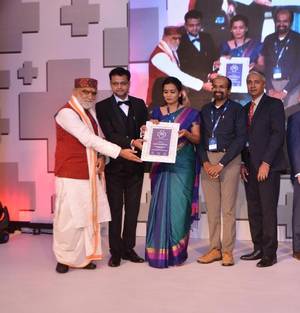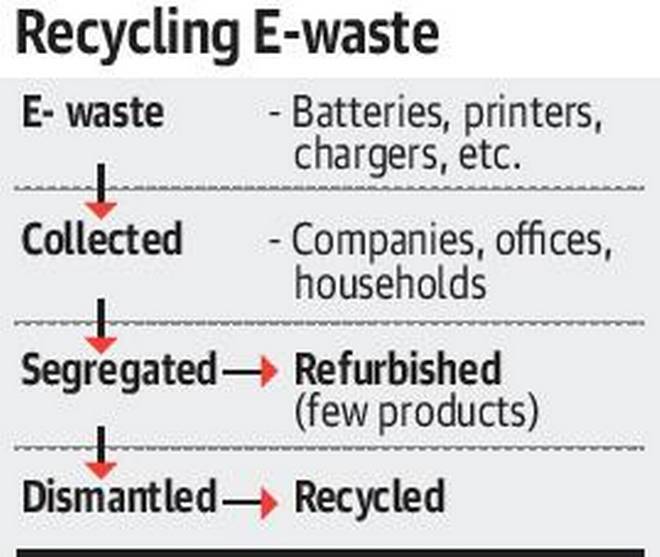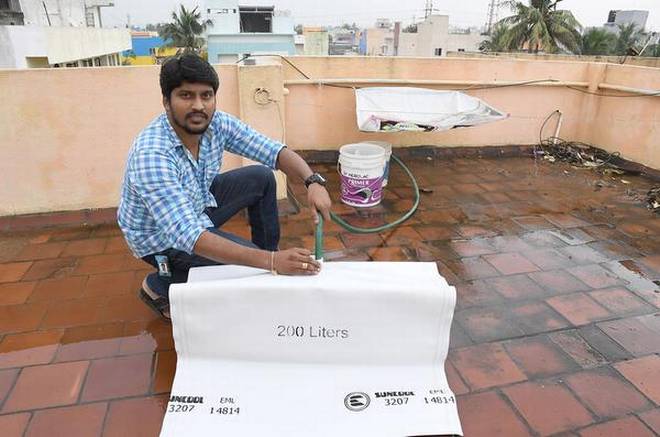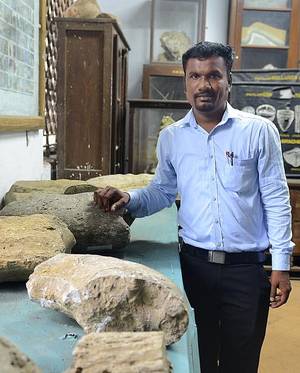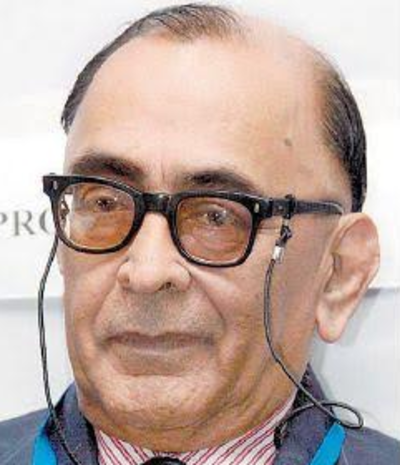Two former students of a college in Kodambakkam make it to a special list by Forbes, for their innovations in health care
While he and his team have developed a compact affordable device to treat pre-natal jaundice, she is working on a software platform to help addicts free themselves of substance abuse.
Meet Vivek Kopparthi and Akshaya Shanmugam, who now work in the United States.
A few years ago, they went to the same college.
Alumni of Meenakshi Sundararajan Engineering College in Kodambakkam, the two have made it to the “Forbes 30 Under 30” list, which recognises excellence in professionals aged under 30. Vivek is on the list released for 2017; and Akshaya, on the one for 2018.
Social impact
The son of Srinivasa Rao, a first-generation learner and Mangadevi, who believes employees in her small unit are family, Vivek says he hopes to make a social impact with the device, and is not interested in making money out of it.
“The World Health Organisation says that in South East Asia India, Myanmar and Africa, roughly 5.4 million infants go untreated for jaundice, every year. Nine percent of them either die or suffer permanent brain damage, every day. Our device, which uses light to treat jaundice, would be among the most affordable in the market, as it based on simple plug-and-play technology that can run on solar power or batteries. The device has just four pieces, no complicated machinery and not much training is required to use it,” explains Vivek, who is co-founder and CEO of NeoLight, a healthcare company that engineers and designs solutions for newborns in need of neonatal medical care.
Vivek is looking for organisations to tie up with him to supply the devices.
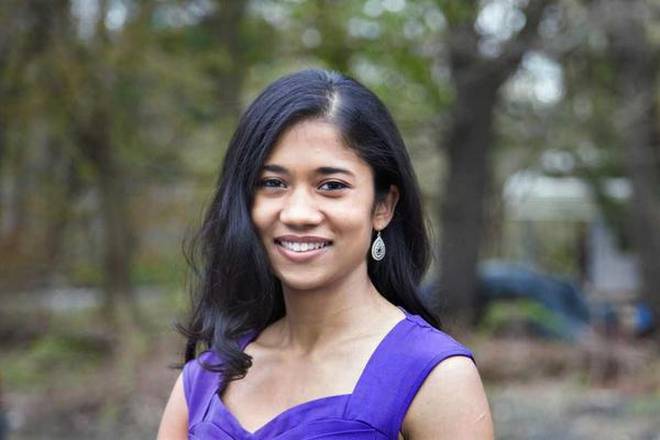
Overcoming addiction
His senior at college, Akshaya was part of team that was recognised for its work on creating a software platform to help addicts shake off their dependence.
“What we have is a software platform that is capable of collecting data from wearable sensors like smartphones and watches, basically Android devices that help us understand the behaviour of addicts and the triggers associated with the behaviour. Finally, we also give them personalised interventions to help them recover,” explains Akshaya, who has co-founded Lumme Labs and whose first target are smokers.
“This work is an outcome of research conducted at the University of Massachusetts and the Yale School of Medicine. Our work is funded and overseen by the National Institutes of Health. We have conducted two national-scale clinical trials in which we demonstrated that we can automatically detect smoking with an accuracy of 95% and predict smoking events six minutes in advance,” she explains.
Their college secretary K.S. Babai, says that she is very proud of the achievements of her students.
“Both of them did very well in academics when they were with us. We recognise leadership qualities in students and encourage them to organise events where they can showcase their capabilities,” she says.
source: http://www.thehindu.com / The Hindu / Home> News> Cities> Chennai / by Deepa H. Ramakrishnan / December 08th, 2017
